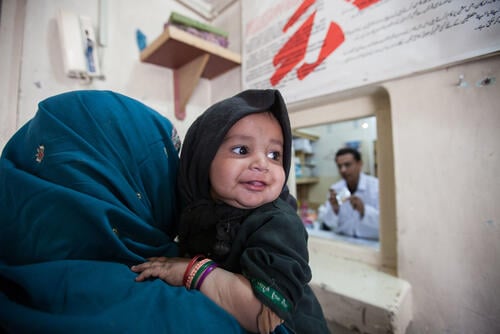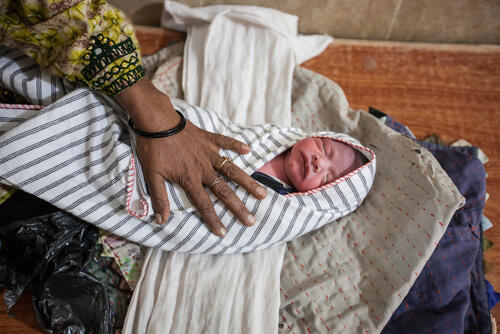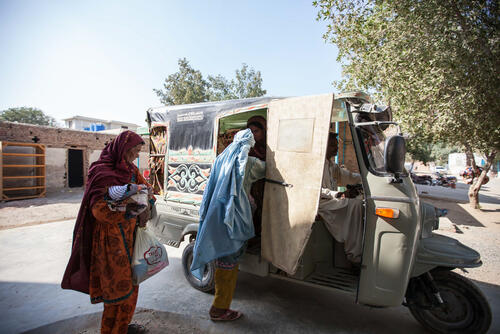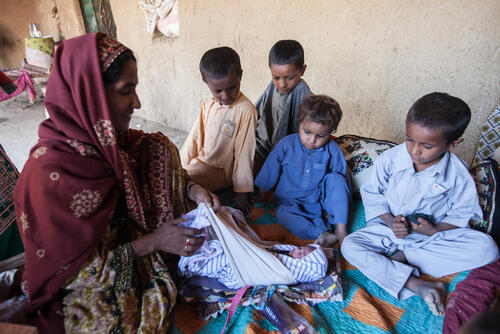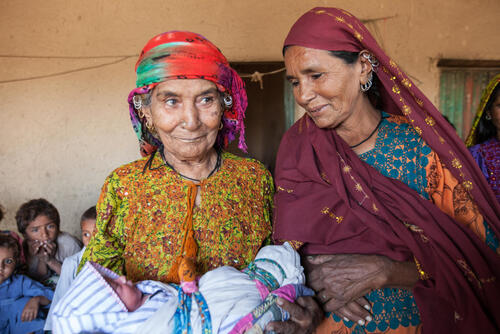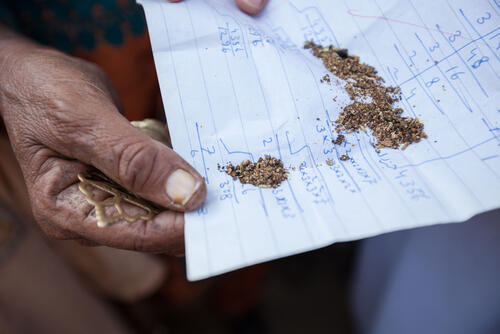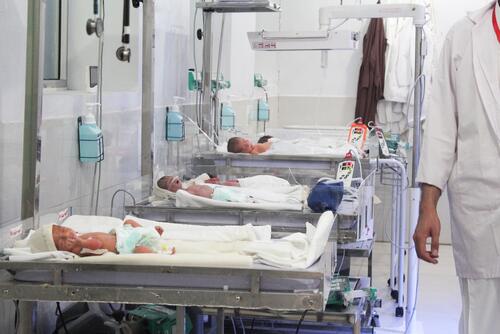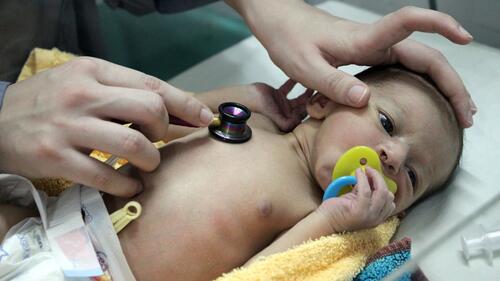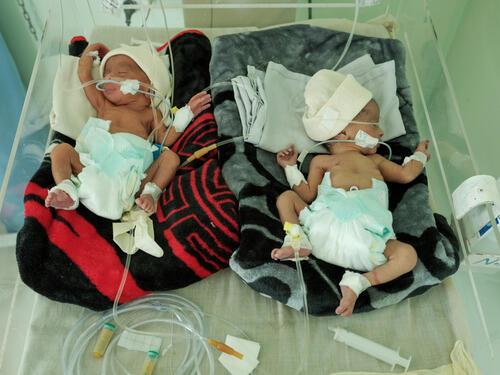In Pakistan, thousands of women and infants die each year from medical conditions that are easily preventable. In the southwest province of Balochistan, which has some of the worst health statistics in the world, the situation is particularly dire.
Médecins Sans Frontières (MSF) is one of the largest international healthcare providers in the province. MSF provides obstetric and gynaecological care to mothers, and paediatric and newborn care to their children. Our teams treat over 11,000 malnourished children a year across four districts. A lack of knowledge about nutrition, weaning and breastfeeding mean that harmful health practices are an important concern for our medical teams.
Lack of knowledge on treating illness
“Malnutrition is a serious issue that is exacerbated by poor health seeking behaviour, a lack of social protection, extreme poverty, conflict and displacement,” said Tetyana Pylypenko, medical coordinator for MSF in Pakistan. “It must be addressed in a holistic manner that extends beyond MSF’s mandate.”
Health seeking behaviour is how a community uses health services and this can be influenced by the cost of services, distance to health facilities, cultural beliefs, level of health knowledge and inadequate facilities.
Our health promotion and counselling teams work hand-in-hand with medical teams, conducting regular awareness-raising and counselling sessions to educate people about their health and discourage them from following practices that are medically unsafe.
Malnutrition leads to stunting and death, in babies and children
“When I couldn’t feed him, I gave him green tea instead,” says Malaika of her newborn son Arish, who was re-admitted to an MSF medical facility in a critical condition a few days after being born. “My mother-in-law said it was the best thing to do and that’s also what I had done with my other eight children.”
Green tea, black tea and other herbs can be very harmful to newborn babies. However, it is common practice in Naseerabad and Jaffarabad districts to feed them these.
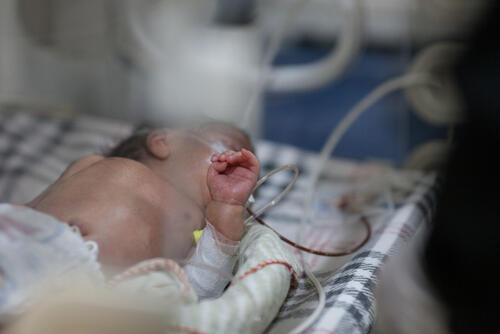
When Malaika saw that baby Arish was unwell, she took him to a private clinic. As he continued to deteriorate, Arish was referred to the MSF facility. Unfortunately, Arish arrived in a very critical condition and died.
“Such cases are very common,” says Dr Zialullah. “Black tea and green tea are used as go-to remedies for everything, from burns to cuts, and to feed babies.”
In 2018, rates of malnutrition in Balochistan prompted the provincial authorities to declare a nutritional emergency. Earlier in the year, a National Demographic and Health Survey found that 47 percent of children in Balochistan showed evidence of stunting, a condition resulting from impaired growth and development that children experience as a result of poor nutrition, repeated infection, and inadequate psychosocial stimulation.



